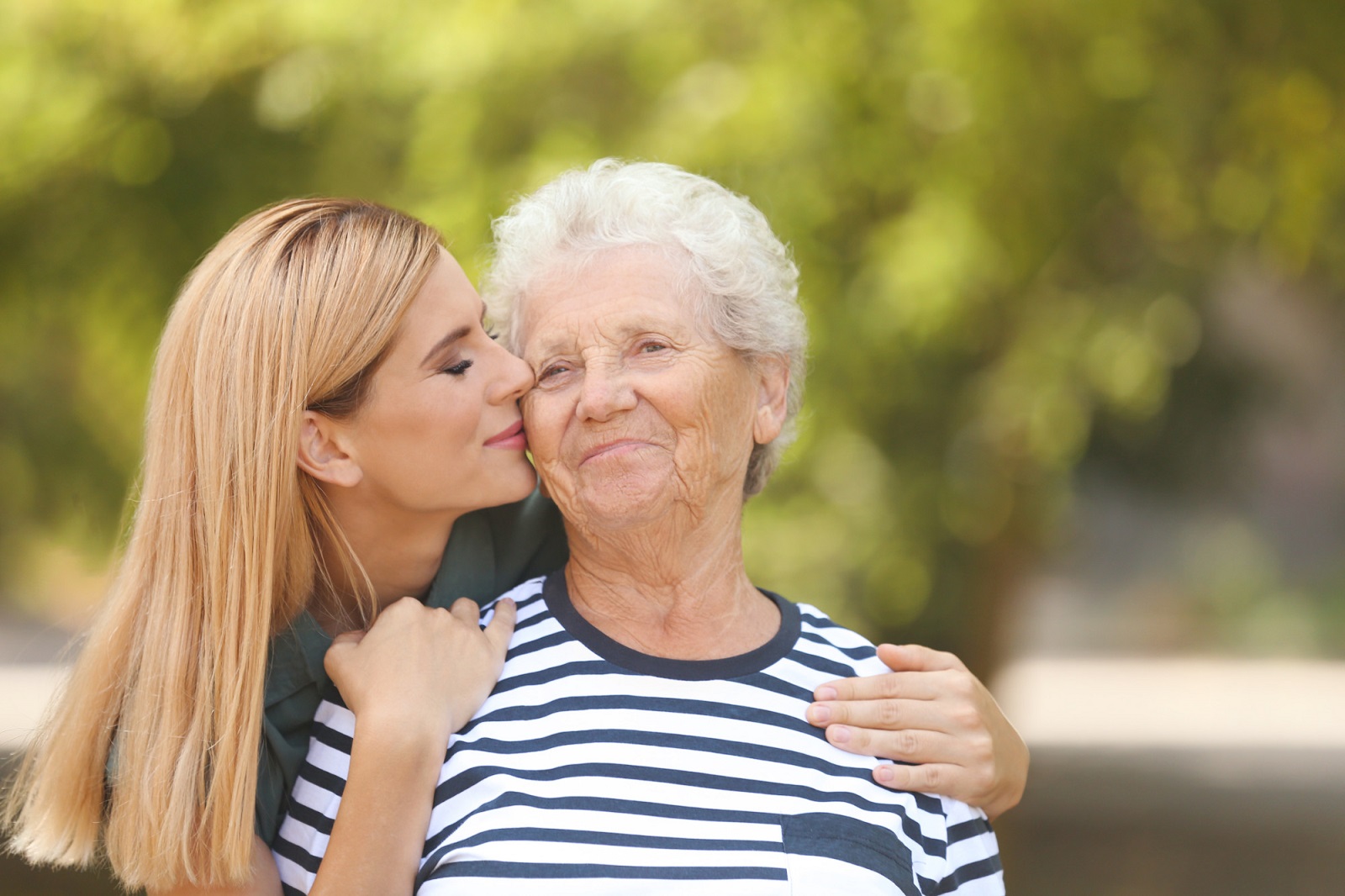
The Role and Responsibilities of Caregivers and their Importance in the Quality of Life of the Elderly
This article examines the various roles of people caring for the elderly and the effects of this role on their health. The duties of a caregiver are constant care over time, increasing the scope of care responsibilities over time, and making decisions in specific situations. Family care has become much more important and complex than ever before, and most caregivers are well prepared for their role. Research shows that many caregivers suffer from negative psychological effects. Some caregivers may be more vulnerable than others, especially those who spend long hours caring for elderly people with advanced dementia. Caregivers need to be aware of the detrimental effects of their responsibilities on their health.
This article examines the multiple and evolving roles of people who care for their parents, grandparents, or other family members who can no longer function independently, and the impact of these roles on their health.
The role of caregivers during the care period varies according to the diversity of families, the time of starting care, the duration of nursing and care.
In the elderly, the process of caring for them is increasingly disrupted over time, such as increased weakness, dementia, Parkinson's disease, or advanced cancer, and the role of caregivers increases accordingly. But for older people who experience short-term or intermittent care, such as early-stage cancer and heart failure, the role of caregivers may be short-lived but severe, or diminished over time. Care can be categorized in terms of duration and severity, such as the number of hours an elderly person is cared for during a day, week, or month. According to a study, the average number of years of care for the elderly who need a lot of care and maintenance (such as the elderly who are unable to perform daily activities, etc.) is 4 years, and if the elderly has Alzheimer's disease it increases to 5 years. As expected, the intensity of care varies according to the degree of disability and weakness of the elderly. People who only do housework spend an average of 85 hours a month, and caregivers who care for an elderly person with an inability to do daily activities spend about 253 hours a month (equivalent to almost two full-time jobs).
People who take care of their older seniors also have other roles and responsibilities in their lives. Their personal lives - as spouses or partners, parents, employees, business owners, community members - may interfere with caring for their elderly at different times. Ideally, seek help from an outside caregiver. The family can balance their caring responsibilities. However, the cost of long-term services and support can put a strain on a person's life. Problems become more complex when family members disagree about the type of care needed by the elderly and how it is provided, and the role and responsibilities of the family change over time.
Caregiver responsibilities include the following:
- Personal care assistance: bathing and cleaning, getting dressed, going to the toilet and exercising
- Healthy food preparation: preparing meals, shopping, housekeeping, laundry and other matters
- Public health care: monitoring the use of drugs and prescriptions, reminders of medical appointments and prescribing drugs
- Movement assistance: Helping to get in or out of wheelchairs, cars and vehicles
- Transportation: Driving, helping to get in and out of the vehicle and making wheelchairs available
- Emotional support: constant companionship and support in all personal matters, creating an emotional relationship
- Communication with the treating physician: following a care plan and recording and reporting any changes in the individual's health and informing the physician
- Organizing Home Affairs: Assisting in organizing, caring for, and cleaning the general home
No matter how much love there is between the caregiver and the elderly, caring for the elderly is not an easy task - and it becomes more difficult as the elderly get older. More than 75% of people who care for an elderly person say that this is the case. It hurts their family life. Almost all caregivers have experienced stress or tension from their role and say it is a very tedious task.
"Expectations are high for the person in charge of care." He can no longer do whatever he wants, like leave the house in an instant. They often feel that they have lost their privacy.
Care can cause both physical and psychological harm to anyone who takes on this responsibility, and many of them experience depressive symptoms. Many caregivers forget to make time for themselves, and this can lead to burnout. Procurement and planning is one of the most difficult parts of a caring role
What are the benefits of care?
Caregivers eliminate challenges and strengthen the independence of the elderly. Although it is not an easy task, it is important that they take care of the person they love.
Paying attention to the positive points in the role of caregiver is what makes many caregivers satisfied and proud of their work. Helping others often creates a sense of usefulness in the caregiver and makes the caregiver feel happy, and often caring for caregivers means the caregiver's life and helps them feel successful.

 Our Location
Our Location +1 (778) 723-6108
+1 (778) 723-6108
Leave Your Comment